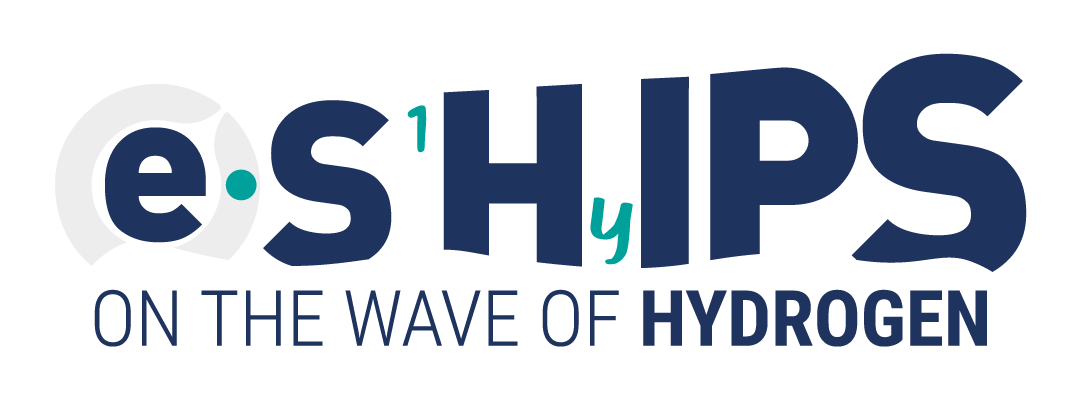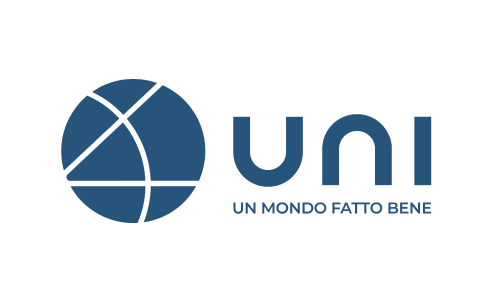UNI Ente Italiano di Normazione
Country
Italy
Main Contact
Innovation and Development Department
sviluppo.progetti@uni.com
UNI Ente Italiano di Normazione
Country
Italy
Main Contact
Innovation and Development Department
sviluppo.progetti@uni.com
Description
UNI – Ente Italiano di Normazione is the Italian Standardization body, a private, non-profit association, founded in 1921 to develop, approve and publish standards in all economic sectors (industry, trade and services) excluding electric and electrotechnical ones. UNI defines and develops voluntary standards in relation to various kinds of products, materials, services and processes paying attention to the environmental, economic and social sustainability.
UNI is the official Italian member of CEN (European Committee for Standardization) and ISO (International Standard organisation) as acknowledged by the EU Reg. N. 1025/2012 and the Italian law D.L 223 of 15/12/2017.
The standardization activity is carried out by technical committees to which representatives of all subjects in the concerned supply chain are invited to participate. The process is designed to guarantee specific standards’ underpinnings: consensus, democracy, transparency, voluntariness. It is for these characteristics that standardization can bridge the gap in economic and social sectors without any reference laws, while easing the regulation framework. At European level, the use of harmonized technical standards represents presumption of conformity to the essential safety requirements of products with CE marking allowing their free circulation on the internal market.
Moreover, in order to contribute to broadcast technical knowledge, UNI carries out also customized education activities, organizing trainings, webinars, events, …
In line with CEN “Integrated Approach” strategy, UNI promotes standardisation as a tool to bridge the gap between the innovation and the market, boosting knowledge transfer, coordination and confront among all actors in the supply chain, while integrating from the beginning standardization in R&I projects.
In particular, UNI Innovation and Development department actively participates to international and national R&I projects and elaborates “Prassi di Riferimento” (UNI/PdR): voluntary, bottom up pre-normative standardization documents available free of charge aiming at codifying innovative market and technology best practices as basis for future standards. In parallel, the Innovation and Development Department contributes also to CEN Workshop Agreement (CWA) at EU level, documents designed to meet a market need where an innovative technology has not reached a sufficient degree of stability for the development of a European Standard. Always to boost innovation through standardization, in the last years UNI Innovation and Development Department has also been involved as partner in several European projects.
Related project
BRIDGIT2
Bridge the Gap between Research, Innovation and Standardization Community.
The project aims at promoting the technology transfer of research, to bridge the gap between the innovation and the market, while broadening standardization advantages within R&I community.
- Incorporate technical standards in innovation processes and in the international R&I community.
- Through standardization, transfer to the market the innovation of R&I projects (like those from Horizon 2020, Horizon Europe, FESR).
- Fostering a standardization culture to boost innovation in R&I networks.
PRISMA
Piloting RRI in Industry: a roadmap for tranSforMAtive technologies.
The PRISMA project has conducted pilot studies with 8 companies active in upcoming technologies (nanotechnologies, synthetic biology, Internet of things, and autonomous vehicles) in order to help them to better integrate Responsible Research & Innovation (RRI) in their innovation process and business practices. These pilots have provided case studies and good practices on RRI.
PRISMA developed a road map/methodology to integrate values, societal impact, safety, sustainability and trust in the innovation policies of companies.


